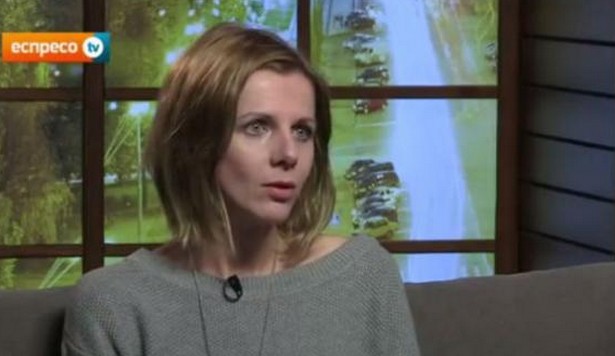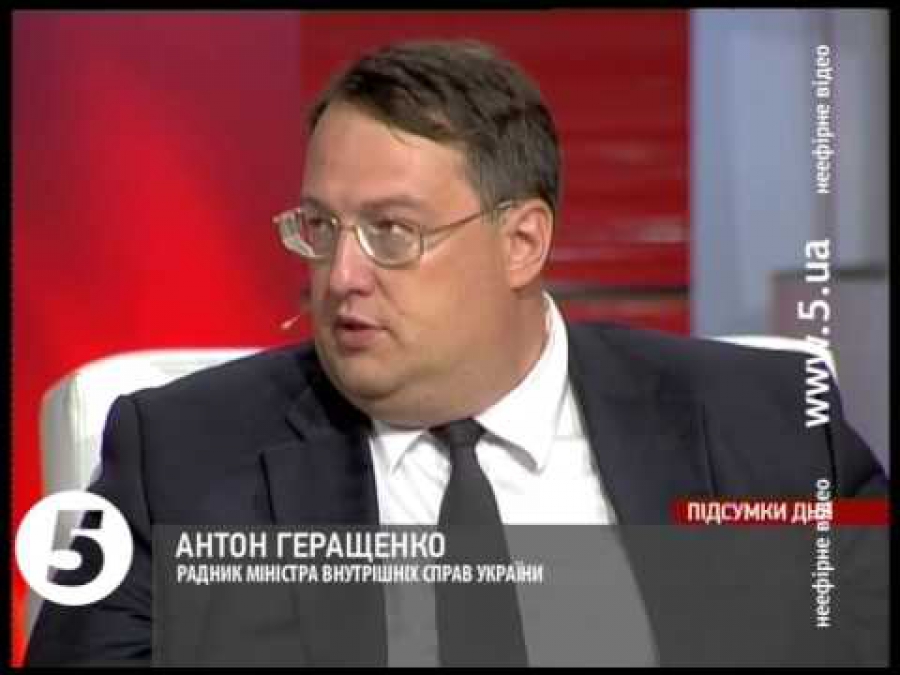When Viktor Yushchenko took the presidential oath of office on Maidan in January 2005, he seemed invincible. His main rival Viktor Yanukovych had been beaten, and all the elites instantly aligned themselves with the new president.
The revenge by the Party of Regions was carried out in less than a year. In October 2005, when the president was unable to gather enough votes for the selection of Yuriy Yekhanurov as prime minister, a memorandum of reconciliation was signed between President Yushchenko and Yanukovych’s allies. In exchange for their support, members of the Party of Regions demanded and obtained the cancelation of criminal proceedings against their allies and were able to return to political life. As a result, they won in the parliamentary elections in the spring of 2006 and again took power.
Nine years later, the revenge of the “regionals” is costing much more in spilled blood, and Vladimir Putin and his network of political agents are helping to revive a half-dead project. It is increasingly clear that the springboard for the return of Yanukovych’s associates will be the occupied territories in the east of Ukraine.
How this bloody wound on Ukraine’s body continues to live was explained by the Governor of the Donetsk Oblast Serhiy Taruta during the annual Yalta European Strategy forum, which because of the annexation of Crimea is now being held in Kyiv.
Taruta has lost a great deal from this war: his shares in the Industrial Union of Donbas have been frozen, a section of the “Department of Defense of the DNR” is based in his Donetsk Office, his Crimean assets have been seized, and separatists have settled in his building in Donetsk.
Donbas has been divided. Perhaps for the first time, the authorities have admitted as much through Taruta. There is a part that we control, where everything is calm, Taruta says. And there is a part that we do not control, where there is a lot of suffering.
A journalists from the Bloomberg agency tried to question Taruta on the reasons for the ceasefire that was agreed to in Minsk.
Was the threat of losing Mariupol the reason why Poroshenko agreed to a truce with Putin?
No, there was no threat. The Russians had almost 100 tanks to seize Mariupol, but didn’t use them, Taruta said.
The governor, who travels between Kyiv and Mariupol, is against early parliamentary elections this fall.
How can they possibly hold them now? I hope the world community will stop them,” Taruta kept saying at the YES forum. Yes, there was a request for renewal, but not under these circumstances. First, we must end the war and then hold elections in the spring. Because Russians don’t fight in the winter. Look, all their confrontations take place in summer, he said.
Moreover, Taruta has reached a paradoxical conclusion.
“The current parliament is best for reforms, because it knows it is doomed. You should just simply ‘threaten’ it with reforms. The next one will play its own games, defending its base.”
In his effort to find allies, Taruta sought out Kyiv’s major Vitaliy Klitschko.
“Vitaliy, what is preventing reforms?” Taruta asked.
“The problem is that politicians are measuring — Klitschko made a theatrical pause — who has greater muscle.”
Why did Kvit (Minister of Education Serhiy Kvit — Ed.) push for reform? Because he was already primed for reform. Not in order to take power, but to give it back. War is not a reason not to carry out reforms. But neither the presidential administration nor the Cabinet have approved the necessary laws.
Taruta’s wish to cancel elections becomes more understandable given the cynical plans for revenge by Yanukovych’s allies. For the past several weeks, they have been trying to work out a format to participate in the elections.
A part of the party thinks it necessary to campaign under the Party of Regions brand. Even though it is discredited in large parts of Ukraine, it remains recognizable and has held on to the minimal number of supporters. The lobbyist for this concept has been the informal leader of the Party of Regions faction Vadym Novynskyi.
The other members support the creation of an opposition bloc, which again would unite two rival clans under one roof — the Donetsk group and the Liovochkin group. One supporter of this concept has been Borys Kolesnikov. The ex-head of the presidential administration (Liovochkin) has refused to participate in the project himself and is preparing to run on the majority system, but he has delegated Serhiy Larin and Yuriy Miroshnychenko to the common list.
Inside quotas (in the bloc — Ed.) were expected to be distributed approximately by thirds. Medvedchuk was to make up the third large part in this scheme.
Viktor Medvedchuk has a special role in this project. He is the representative of Vladimir Putin and the guarantor — first of the pro-Russian orientation of the bloc, second, that elections will take place in the occupied territories.
Rinat Akhmetov is leaning toward the option of rebranding the Party of Regions to break permanently with Yanukovych. Also, this format is a public justification for including Viktor Medvedchuk in the list. After all, it is always possible to hide behind the idea that this is a union of all “opposition politicians,” while the integration of Medvedchuk into the Party of Regions would place the entire burden of resuscitating the odious politician personally on Akhmetov.
In itself, the idea of elections in the Donetsk and Luhansk oblasts is important to Poroshenko, since it extends the parliament’s legitimacy throughout the “continental” Ukraine with the exception of Crimea.
On the other hand, independent monitoring of elections in the occupied territories is impossible. Generally speaking, it is the “black hole” of elections, where Putin’s satellites can create any result they want on the list and push through any candidates by districts.
According to preliminary estimates of the staff (the author will not attempt to guarantee the probability of these predictions), the Party of Regions as reincarnated in the “Opposition Bloc,” when fully “mobilized,” can expect to attract 3.5 million votes in the Donbas and 800,000 in the Kharkiv Oblast, which nationwide in Ukraine represents about 20%.
Holding elections in the occupied territories in this fashion carries the risk of spreading this uncontrolled by Kyiv manifestation to large areas of the Dnipropetrovsk, Zaporizhzhia, and Odesa oblasts, which are under the control of Ihor Kolomoisky.
Holding elections in the occupied territories with the almost guaranteed victory of the Akhmetov-Medvedchuk project would return to parliament the most odious names from the previous era. On the other hand, it would permit the transfer of the separatist war from the terrorist to the political format. This has always been the path for dealing with “separatist” conflicts in the West.
In this manner, Poroshenko hopes to fulfill his main campaign promise — peace. Realizing Ukraine’s inability to resist the Russian military machine, Poroshenko was forced to consent to the Minsk agreement on the “special status” for the occupied territories.
Choosing between war with an unknown outcome that would have brought about tens of thousands of victims, billions of losses and wasted years, or the creation of an uncontrolled (at least for now) “Transnistria,” Poroshenko chose the second option. In parallel, Medvedchuk is being given a few regions to control as he wishes and the ticket to big politics in exchange for bringing order there.
It is precisely Medvedchuk who is to be the guarantor of the “frozen” conflict. The question is if Poroshenko will survive the inevitable blackmail, when the occupied territories try to dictate the future development of all of Ukraine.
[hr] Pravda, translated by Anna Mostovych






